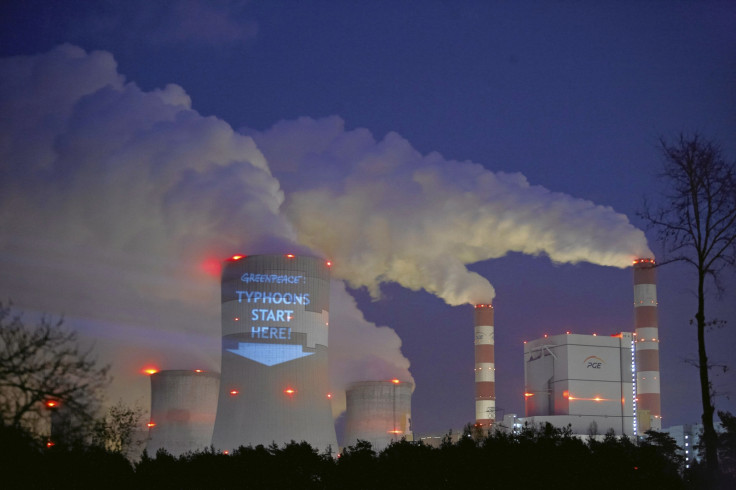India: Government freezes Greenpeace accounts for 'violating nation's interests'

Acting tough, the Indian government has blocked foreign funding to Greenpeace and frozen the group's bank accounts after accusing it of misusing the funds to violate the interests of the country.
The Home Ministry claimed the NGO was guilty of violating the Foreign Contribution Regulation Act.
It has said the licence of Greenpeace India will be cancelled permanently if the NGO fails to give a satisfactory response to the notice.
"We have evidence to prove that Greenpeace has been misreporting their funds and using their unaccounted foreign aid to stall crucial development projects," a senior government official, who asked not to be named, told Reuters.
Greenpeace India rejected the restrictions as "clear attempts to silence criticism and dissent".
"As an organisation registered to receive foreign funds, we have been and will continue to remain transparent and in compliance of the FCRA," its executive director Samit Aich said in a statement, referring to the law governing foreign contributions.
To a query from IBTimes UK on further course of action, Aich said, "We are confident that we have not violated the FCRA and will respond to the government's show cause notice. We are also exploring legal options."
The government has only threatened to revoke our FCRA licence, he added, saying Greenpeace India will continue to work on the "environmental issues we champion - clean air, healthy forests, safe food and a liveable planet for current and future generations".
The NGO stands by its claim that all its funds are from individual supporters and not from governments and corporate.
In the last year, nearly 70% of our income came from ordinary Indians, says Aich. "We will continue to run the organisation on these funds even as we challenge the government's attempt to revoke our FCRA."
Greenpeace activists have accused Prime Minister Narendra Modi's government of watering down environmental rules to allow industries to operate in hitherto protected green zones.
The mobilisation carried out by Greenpeace against granting mining rights in the forests of Mahan in Madhya Pradesh with its ruinous effects on the ecology and local communities had resulted in its activist Priya Pillai being barred by the government from travelling to the UK to testify before a British parliamentary panel on the matter.
Eventually the government decided not to put the coal mine up for auction as the project had not received environmental approvals.
The government is in the process of reviewing the country's five major environmental laws to meet "current objectives". Major changes have been made in the Environment Impact Assessment (EIA) Notification 2006, issued under the Environment Protection Act 1986 to remove the roadblocks to growth.
India's intelligence units had claimed last year that Greenpeace and other lobby groups were hurting the country's economy by using foreign funds to campaign against economic projects.
However, on January 20, the Delhi high court had directed the MHA to transfer the blocked foreign funds from Greenpeace International and Climate Works Foundation to Greenpeace India's accounts declaring MHA's actions to be "arbitrary, illegal and unconstitutional".
"Greenpeace India added 30,746 new supporters, taking its tally of financial supporters within India to 77,768. In all, the group received Rs 30.36 crore [around £3m], of which Rs 20.76 crore [around £2m] was given by supporters within India," Aich said.
More about Greenpeace
© Copyright IBTimes 2025. All rights reserved.



















